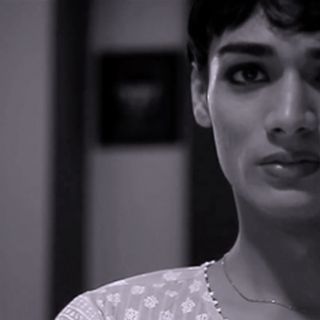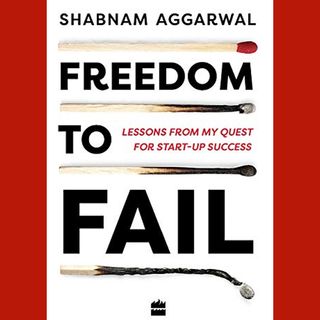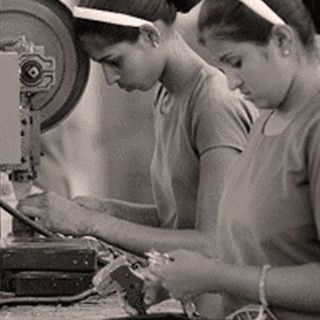
Girls Choose Provider Over Caregiver Roles When They Think Society is Becoming More Gender Equal
Changes to men’s roles influence girls’ aspirations.

“I want to be home and take care of the house and my children after I’m married,” says Surbhi Shah, a 20-year-old, currently pursuing a post-graduate media course in Mumbai. “I do think men are helping, but not equally, and either one of us should stay home if there are no in-laws or other family in the house to take care of it.”
On the other hand, her cousin, Bhairavi Shah, a 19-year-old who is still in college and eyeing a Masters in Science, says, “I want to be able to earn well and be an equal hand in providing for the family, just like my husband would. If both of us work, both of us should be able to devote equal time at home and for the kids.”
What these young women want to grow up to be is actually influenced by whether or not they are seeing men’s roles in the society change, suggests a new study from the University of Arizona.
Unmarried young women are more likely to see themselves as primary breadwinners for their future families, when they believe men are getting more involved in childcare; on the other hand, young women are more likely to aspire to be primary caregivers when they believe gender roles haven’t changed. This leaning based on what young women see around them, say researchers, could potentially influence their educational and career decisions long before they actually begin their families.
Surbhi says, “I have only seen my father and older brother out of the house, earning and providing for the family. In most of our family, that’s been the way for generations.”
Would she like to study further? “Yes, I am very dedicated to studies but I’m not aiming for a Masters, I’m happy with a post-graduation, work for a little while and be married,” she says.
Bhairavi, however says, “My father and brother have been very different from the rest of the extended family. My father has been home, taken time off for vacations with the family and I see my brother do the same with his wife and kids.” She adds, “I’m studying very hard to go abroad and pursue my Masters. It’s the need of the hour. I want to get into a good college and earn well.”
Women’s role choices are often dependent on their expectations of their future male partners, said lead study author Alyssa Croft, an assistant professor in the University’s department of psychology. “Those expectations could have implications for what women are willing and able to do in their own lives,” she says.
Croft’s findings are based on a series of experiments conducted in the United States and Canada, on single female college students, ages 18 to 25, who plan on getting married and having children. The women were asked to imagine their lives 15 years in the future. After that, they were shown a few graphs on a range of topics including smoking rates, fruit and vegetable consumption and how the percentage of stay-at-home dads had increased over time.
Read more: Women and Ambition — and What’s Getting in the Way
The participants saw the same data except for the graph on stay-at-home dads. While some saw the increase in stay-at-home dads represented as a steep line on a graph, which gave the appearance of a more rapid and dramatic shift, others saw a flatter line, suggesting a more gradual change. Researchers also manipulated the text accompanying the graphs.
After seeing the graphs, each participant was asked for responses on how they anticipate their future life — whether they would want to be a primary caregiver or a provider.
It was found that young women who saw the graph depicting a sharper increase in stay-at-home fathers were more likely to see themselves as breadwinners, while those who saw the flatter line were more likely to imagine themselves as caregivers.
Surprisingly, the results were similar even in college students, whom one would assume would be career-oriented, Croft said.
“These are the individuals who we would think might be most likely to balk at traditional gender stereotypes, and yet they’re still showing this pattern of role expectations that is in direct response to what they believe men will be or will not be doing,” Croft said.
She added, “Could it be that women are picturing, before they’re even in a relationship, a very stereotypical division of labor in their future families? And does that affect the education and career decisions they make when they’re young?”
She said that while more research is needed to understand to what extent women’s perceptions of men’s roles affect their decisions regarding education and career, the fact that those perceptions are shaping their future visions of themselves at all is significant.
“This may be one reason we should care about the degree to which men’s roles aren’t changing as much as women’s,” she said.
Anubhuti Matta is an associate editor with The Swaddle. When not at work, she's busy pursuing kathak, reading books on and by women in the Middle East or making dresses out of Indian prints.
Related


Talking Failure, Feminism and Funding with Shabnam Aggarwal, Author of ‘Freedom to Fail’
